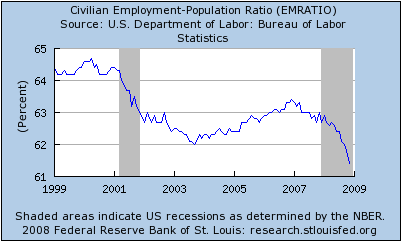According to University of Pennsylvania Law professor Paul H. Robinson, our sense of justice is intuitive and has a remarkable degree of agreement across various cultures. This is based on several studies where people were given either 12 or 24 scenarios (depending on the study) ranging from opportunistic theft to premeditated murder and asked to rank them according to how severe the punishment should be in each case. What has been consistently found is that people of all walks of life and from myriad diverse cultures tended to rank all the crimes in the same order and with a Kendall's W of 0.95 (for those of you not fluent in statistics, that pretty much means incontrovertible universal agreement).
The important thing to remember here is that the universal agreement is on the ranking and relative severity of punishment and not the absolute severity of retribution. In other words, people of different backgrounds will disagree about specific punishments for given transgressions, but they will rank the various transgressions virtually identically. As an analogy, this would be like people from different backgrounds having different measurements for the distance from New York to San Francisco. One person might say it's 2,905 miles, and another might say it's 4.685 kilometers. But both will readily agree that Denver is roughly halfway between them. So if you can get people to agree on a number for the distance between New York and San Francisco, it follows that they will subsequently agree on the distance to Denver, etc. Likewise, people tend to have a surprisingly close agreement on relative degrees of punishment. And when the maximum punishment allowed on their respective scales match up, so do the penalties for everything else.
In the 24 scenario studies, the subjects were asked to rank all the scenarios in order. But in the 12 scenario studies, they were given a punishment scale and asked to place each scenario on the scale based on what penalty was merited. They were also given actual court cases and asked to rank them too. The chart below (from Paul H. Robinson's presentation) shows how people ranked those scenarios and real life cases. The 12 test scenarios are on the left, and the real life cases are on the right.

Click on chart to embiggen (I don't know who coined that word, but I stole it from Phil.)
The most interesting thing about this chart is the disagreement on the right side of the chart between the solid and dotted lines. The solid lines represent how the subjects (in other words, most/almost all people) thought those crimes should be punished, and the dotted lines represent how the criminal justice system is mandated to and actually did sentence those offenders.
What we're seeing is a major disconnect between how people view justice; how they think it ought to be; how they think it is; and how it's actually doled out. There are many reasons why this might be so. Perhaps the architects of the criminal justice system simply don't recognize the intuitive nature of justice and instead try to find a rational algorithm by which to base justice--only to have it run counter to what most everybody considers to be fair. Or perhaps it's the result of noncontextual framing. Even with the scenarios where everyone agrees on their relative ranking, if those scenarios are separated from the pack and framed and argued in terms of absolute penalties, people can easily be fooled into temporarily agreeing with unfair retribution. Regardless, it's a problem. The criminal justice system doesn't work unless the populace trusts it. But if the relative penalties clash with people's intuitions, then it loses credibility with the very people it needs in order to be more than just some draconian ruffian institution. (And don't even get me started on the inherent injustice that is the infinite and dichotomous nature of reward and punishment prescribed in the hereafter according to many popular religions today.)
If you have 90 minutes, I highly recommend watching Professor Robinson's talk on this subject.










